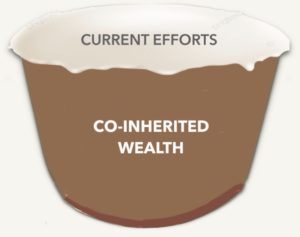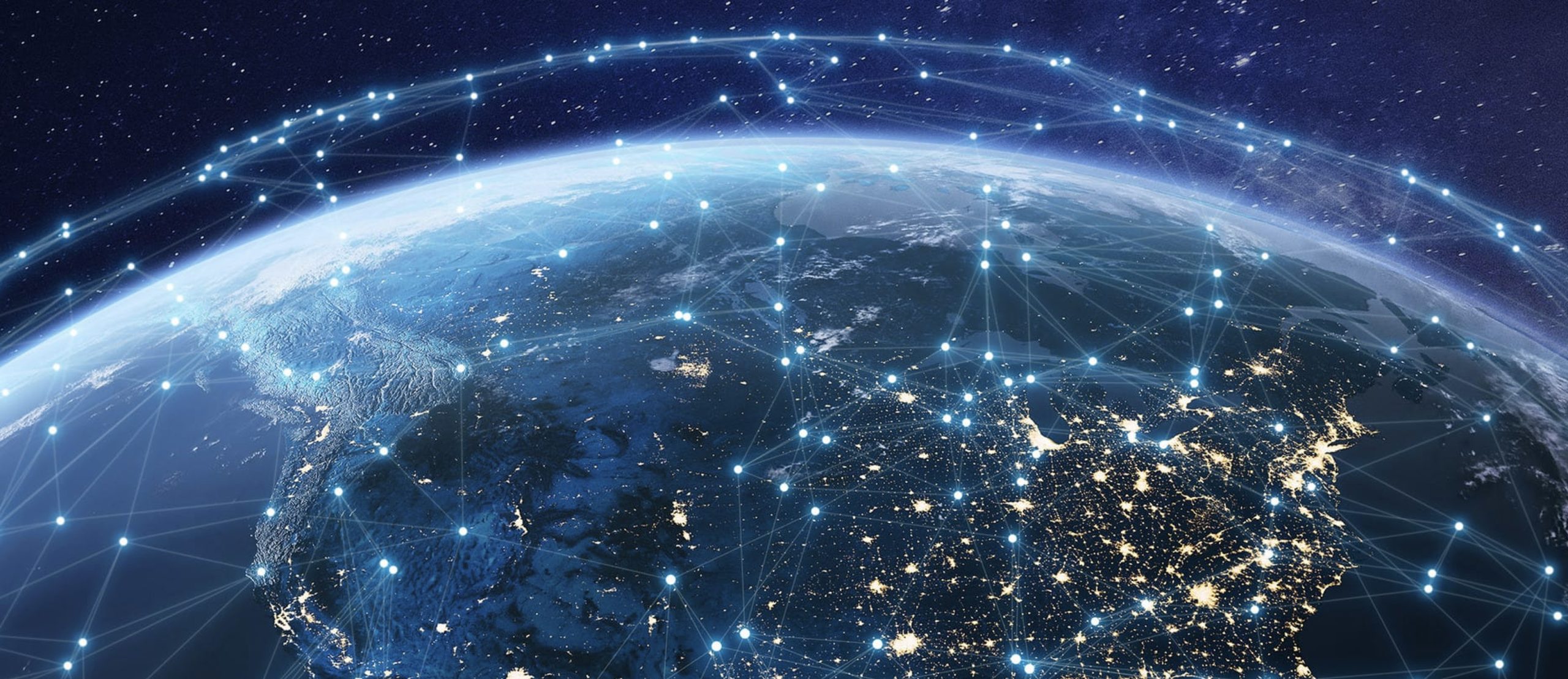All property rights are based on assets, natural or human-made. Universal property would be based on co-inherited natural and socially built systems that, at this moment, are economically invisible.
This includes ecosystems like the Earth’s atmosphere, watersheds and forests, and collective human constructs such as our legal, monetary and communications systems. Though pieces of these systems may be privately owned, the systems-as-wholes are gifts we inherit and build together. What’s more, the systems-as-wholes add far more value to our economy than do their parts, individually or combined. Yet because the systems-as-wholes lack property rights, the economic value they add accrues almost entirely to the owners of corporations that use them at no cost. The aim of universal property is to protect these co-inherited systems and assure that their value is equitably shared.
How much is our co-inherited wealth worth? A precise answer impossible, but estimates have been made. The late Nobel economist Herbert Simon stated, “It is hard to conclude that social capital produces less than about 90 percent of income in wealthy societies like the United States.” Another economist, Robert Costanza, calculated that natural ecosystems generate benefits worth over $33 trillion a year.
These and other estimates suggest we are greatly confused about where our current wealth comes from. We think it comes from the fevered efforts of today’s businesses and workers, but in fact they merely add icing to a cake that was baked long ago.

The estimates also suggest that we should devote far more attention to co-inherited wealth than we currently do. Nowadays, economics texts don’t even mention such wealth, much less its magnitude. This is a grievous oversight that greatly impedes our understanding of our economy. It is like trying to understand the universe without taking dark matter into account, or analyzing a business while ignoring most of its assets.
Universal property not only helps us see our co-inherited wealth. More importantly, it can protect this wealth for future generations and convert much of it into lifelong income for everyone, thereby fixing capitalism’s two deepest flaws.


